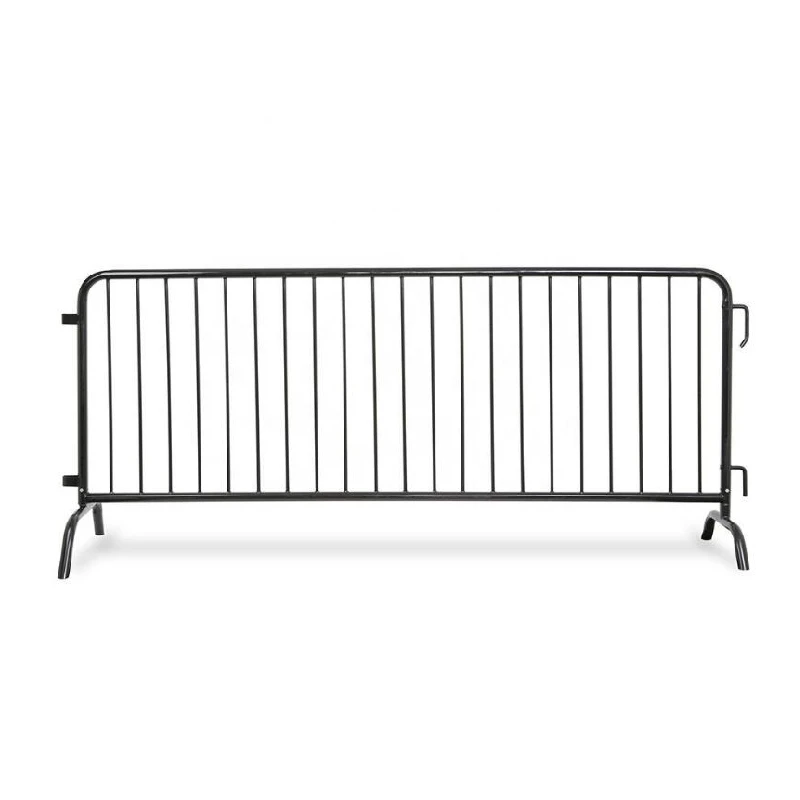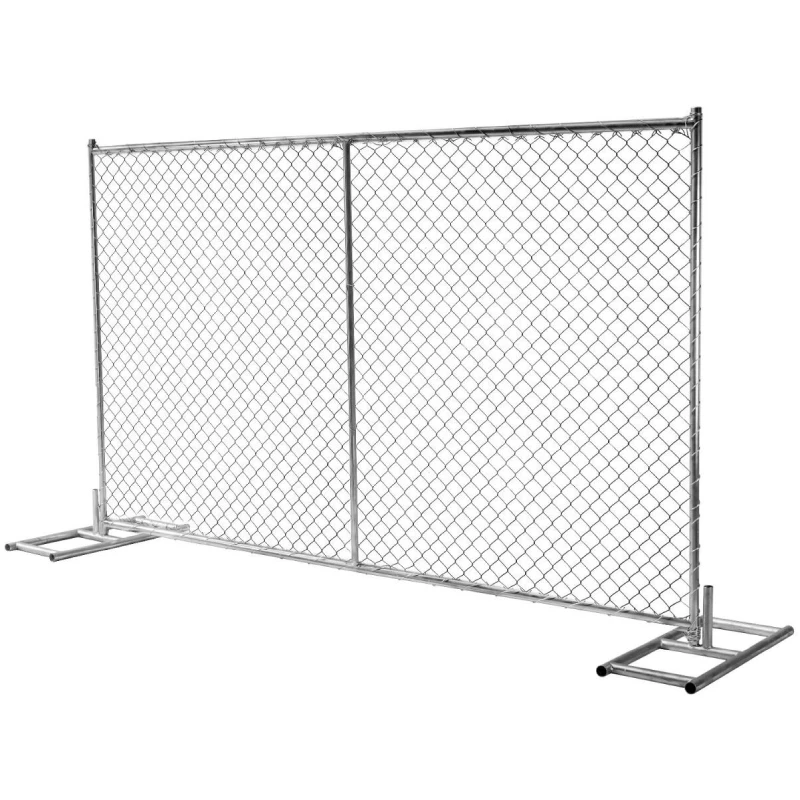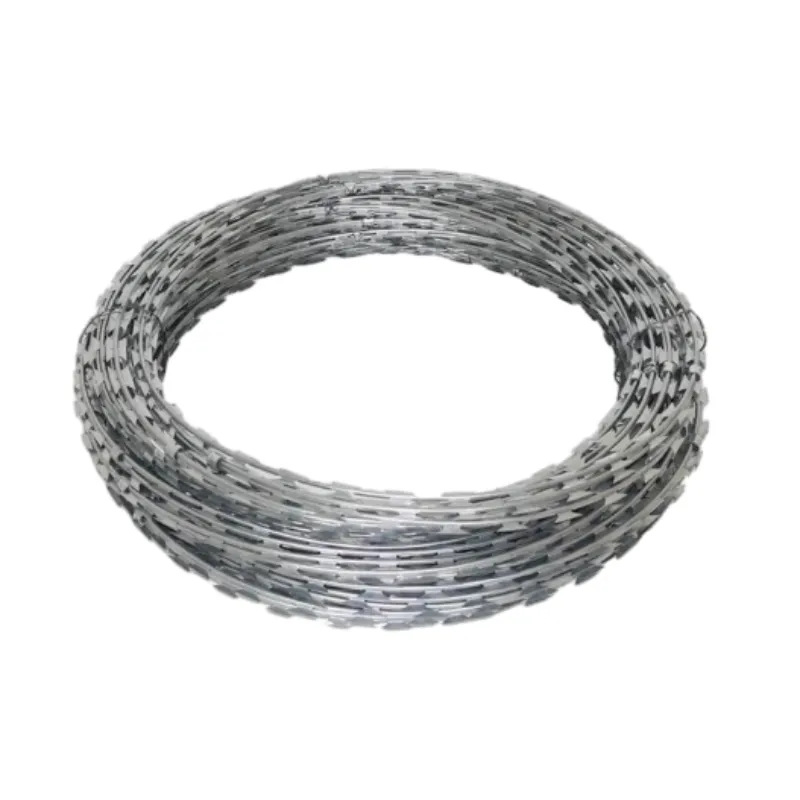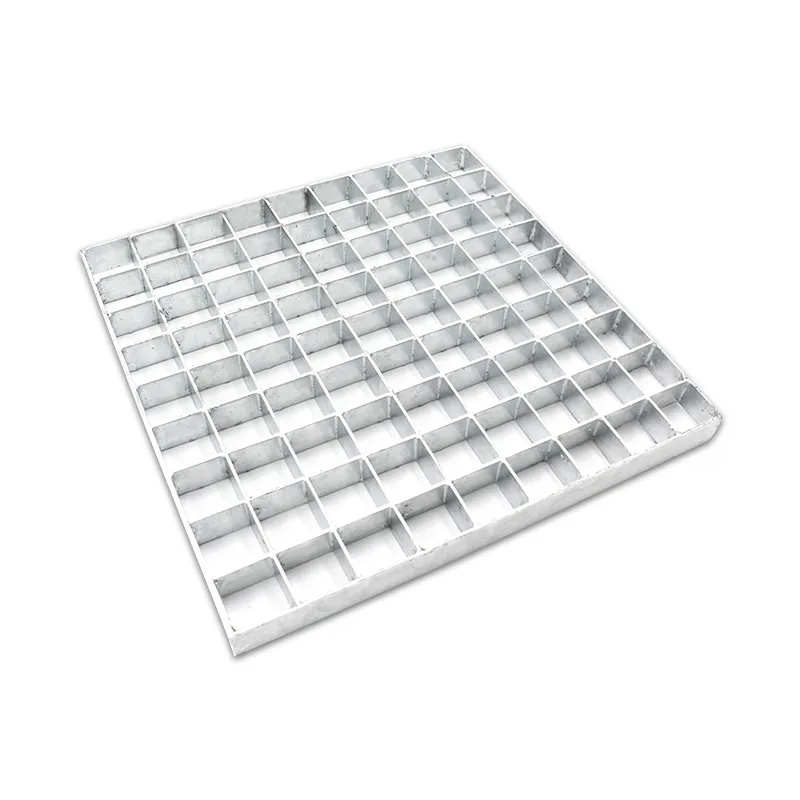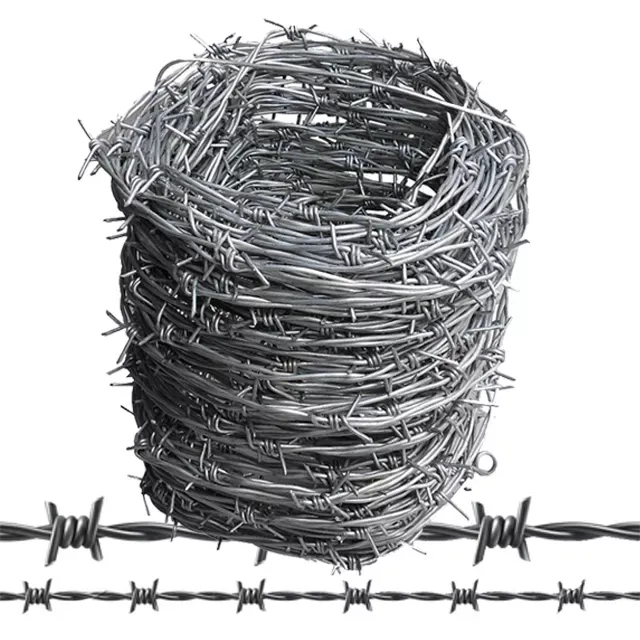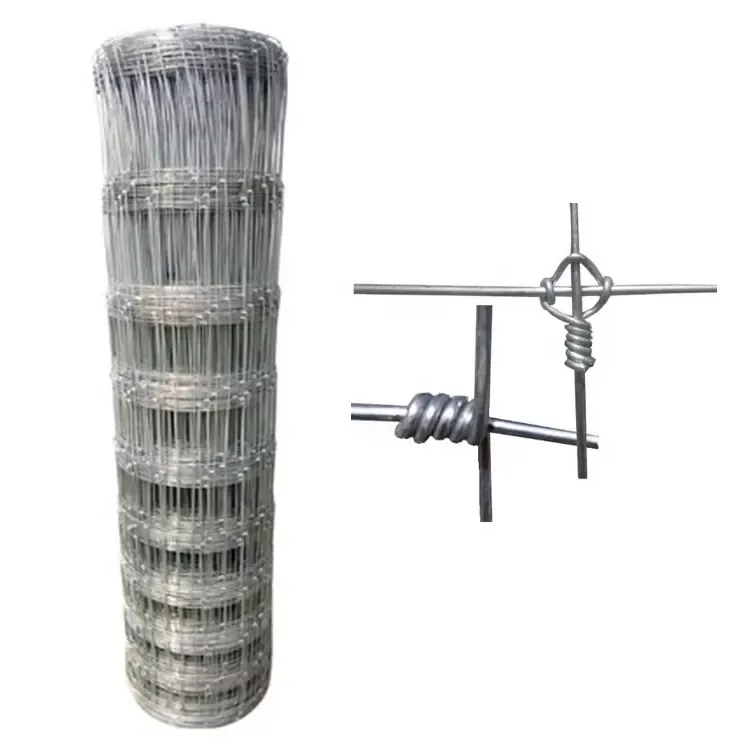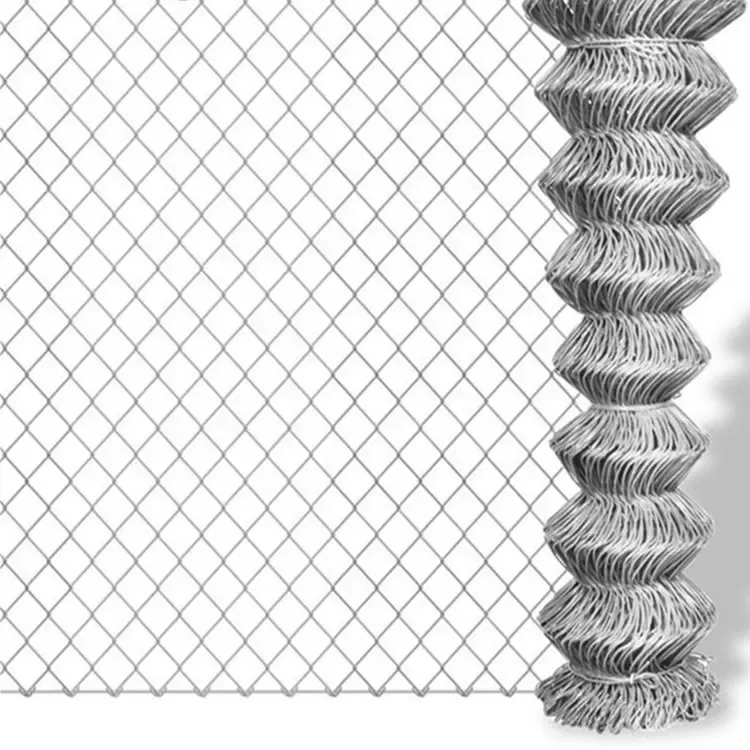
- Afrikaans
- Albanian
- Arabic
- Armenian
- Azerbaijani
- Basque
- Belarusian
- Bengali
- Bosnian
- Bulgarian
- Croatian
- Czech
- Danish
- Dutch
- English
- Esperanto
- Estonian
- Finnish
- French
- Galician
- Georgian
- German
- Greek
- hawaiian
- Hindi
- Hungarian
- Indonesian
- irish
- Italian
- Lao
- Latvian
- Lithuanian
- Luxembourgish
- Macedonian
- Maltese
- Myanmar
- Norwegian
- Polish
- Portuguese
- Romanian
- Russian
- Serbian
- Slovak
- Somali
- Spanish
- Swedish
- Thai
- Turkish
- Turkmen
- Vietnamese
dets. . 07, 2024 02:09 Back to list
Designing an Effective Farm Fence for Field Protection and Livestock Management
The Importance of Field Farm Fences
In the world of agriculture, the importance of field farm fences cannot be overstated. These structures, often taken for granted, play a vital role in the management of farmland, ensuring the security of crops and livestock while also contributing to the overall organization of the farming operation. In this article, we will explore the various functions and benefits of field farm fences, as well as considerations for selecting the right type of fence for your agricultural needs.
First and foremost, the primary function of a field farm fence is to enclose areas of farmland. This is crucial for preventing livestock from wandering off into undesired areas, which could lead to accidents, loss of animals, or damage to neighboring crops. A well-constructed fence creates a defined boundary, allowing farmers to manage their land with greater ease and efficiency. This is especially important in larger farms where livestock may become disoriented or stray into the paths of vehicles or dangerous terrain.
In addition to containing livestock, field farm fences serve as a protective barrier against wildlife
. Animals such as deer, rabbits, and other pests can cause significant damage to crops, leading to diminished yields and increased costs for farmers. By erecting sturdy fences, farmers can minimize the risk of wildlife encroaching on their fields and thus safeguard their harvests. This is particularly important for organic farms, where chemical deterrents are not an option.Moreover, field farm fences can also enhance the aesthetic appeal of a farm. A well-maintained fence can add to the overall appearance of the landscape, making it not only functional but also visually pleasing. This can be an important factor for farms that welcome visitors, such as agritourism operations or those that participate in farmers' markets. A neat and organized farm creates a positive impression, encouraging consumers to support local farmers.
field farm fence

When it comes to selecting the right type of fence for a field farm, there are several factors to consider. The primary considerations include the type of livestock being contained, the terrain of the land, and the local wildlife. Common fencing options include barbed wire, electric fencing, and woven wire. Each type has its own advantages and disadvantages. For example, electric fencing can be highly effective for deterring large animals, but it requires a power source and regular maintenance to ensure its effectiveness.
In addition to physical considerations, farmers must also keep in mind local regulations regarding fencing. Certain areas may have specific requirements concerning fence height, visibility, and materials used. Understanding these regulations is essential for ensuring compliance and avoiding potential fines.
Ultimately, investing in quality field farm fences is essential for any agricultural operation. These structures not only protect crops and livestock but also help farmers maintain order and organization on their land. By taking the time to select the appropriate type of fencing and properly maintaining it, farmers can ensure that their fields remain productive and secure.
In conclusion, field farm fences are more than just physical barriers; they are crucial components of effective farm management. They provide security for livestock, protection from wildlife, and can enhance the overall aesthetic of the farm. By understanding their importance and carefully selecting the right type of fence, farmers can contribute to the success and sustainability of their agricultural endeavors.
-
Shop Galvanized Horse Panels for Sale | Durable & Secure Fencing
NewsAug.29,2025
-
Wholesale T Posts: Bulk Metal & Steel T Posts for Sale
NewsAug.28,2025
-
Comprehensive Guide to Wire Mesh Solutions: Security, Durability, and Customization
NewsAug.24,2025
-
Comprehensive Guide to Welded Fencing Solutions: Durability, Security, and Style
NewsAug.24,2025
-
Comprehensive Guide to Livestock Fence Panels: Safety and Efficiency for Your Animals
NewsAug.24,2025
-
Comprehensive Guide to Temporary Fencing Solutions: From Construction Sites to Events
NewsAug.24,2025


